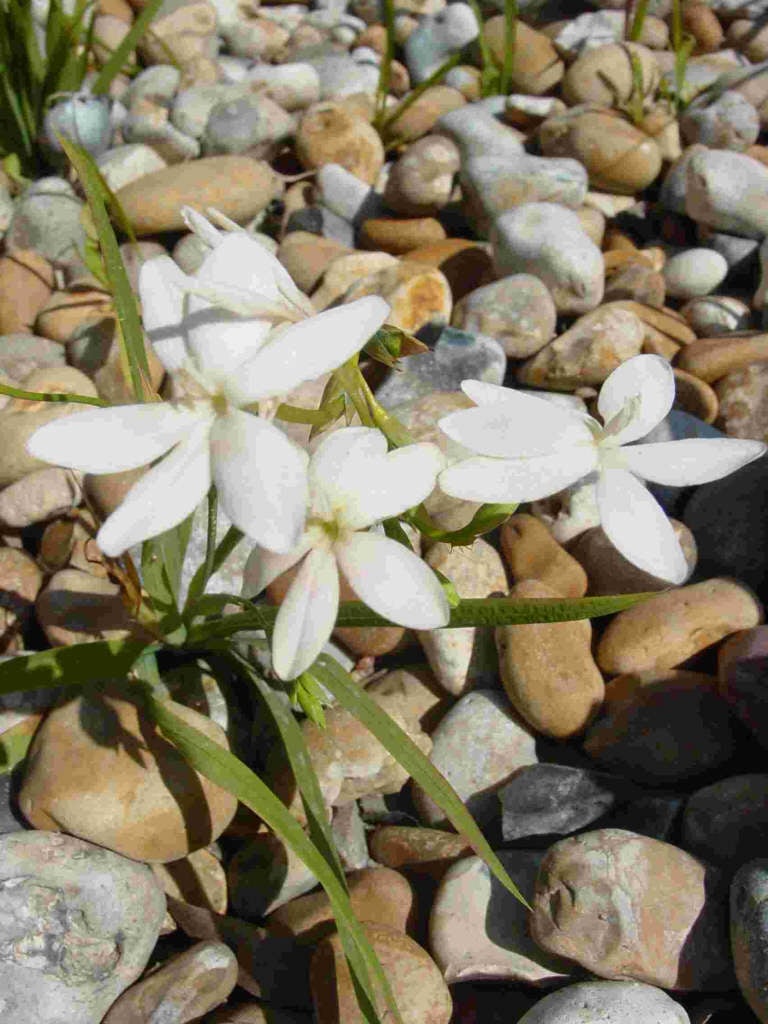Size
Ultimate height
0.1–0.5 metresTime to ultimate height
1 yearUltimate spread
0–0.1 metreGrowing conditions
Moisture
Well–drainedpH
Alkaline, NeutralColour & scent
| Stem | Flower | Foliage | Fruit | |
| Spring | White | Green | ||
|---|---|---|---|---|
| Summer | ||||
| Autumn | Green | |||
| Winter | Green |
Position
- Full sun
Aspect
South–facing
Exposure
Sheltered Hardiness
H3Botanical details
- Family
- Iridaceae
- Native to GB / Ireland
- No
- Foliage
- Deciduous
- Habit
- Columnar upright
- Genus
Freesia are cormous deciduous perennials with erect, linear to narrowly lance-shaped leaves and upright stems bearing terminal racemes of slender-tubed, salver-shaped or trumpet-shaped flowers that are usually scented
- Name status
Correct
- Plant range
- S & E Africa
How to grow
Cultivation
Freesias are naturally winter-growers starting into growth in autumn through to late spring so are usually grown in a frost-free greenhouse. Plant in pots of peat-free, loam-based compost with added gritty sand. Place in full light with good ventilation, water well and feed monthly until flower buds form. After flowering, dry off pots and store dry over the summer. Corms can also be stored dry over the winter and planted in well-drained soil in spring for later flowering. Lift in autumn and store dry
Propagation
Sow seed in containers at 13-18°C in autumn or winter. Remove offsets in autumn
Suggested planting locations and garden types
- Coastal
- Cottage and informal garden
- City and courtyard gardens
- Gravel garden
- Flower borders and beds
- Wall side borders
Pruning
Foliage can be removed after it dies down after flowering
Pests
Susceptible to glasshouse red spider mite, aphids
Diseases
Susceptible to Fusarium wilt and a virus
Get involved
The RHS is the UK’s gardening charity, helping people and plants to grow - nurturing a healthier, happier world, one person and one plant at a time.
